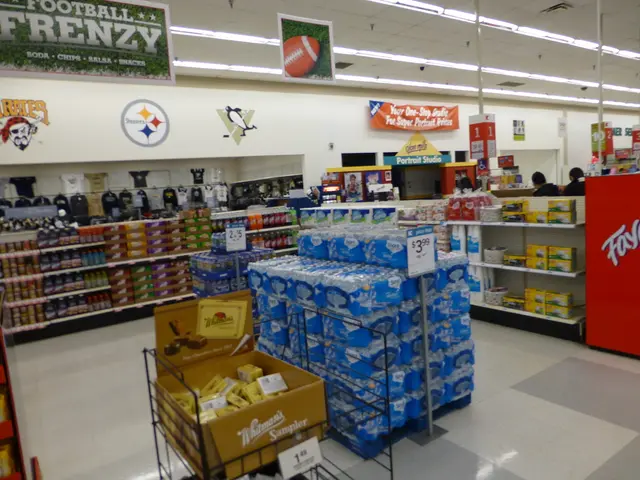Kenya presses for consistent Comesa restriction of harmful pesticides
In a significant move towards regional unity and safety, the Pest Control Products Board (PCPB) in Kenya has undertaken a comprehensive review of pesticide active ingredients in the market. This review is part of a broader push for the harmonization of chemical safety standards across the Common Market for Eastern and Southern Africa (Comesa) region.
The urgency of this advocacy was highlighted by the Agriculture and Livestock Development Cabinet Secretary, Sen. Mutahi Kagwe, during the 9th Joint Comesa ministerial meeting on agriculture, natural resources, and environment in Lusaka on Friday. Senator Kagwe emphasized that the current inconsistency in chemical standards allows unscrupulous traders to exploit gaps in enforcement, contributing to widespread contamination and the erosion of consumer trust in local and regional food systems.
Kenya has been a vocal advocate for change, demanding an immediate region-wide ban on hazardous pesticides to safeguard food safety, farmer health, and the integrity of regional trade. This call comes in response to the problem of pesticides banned in some COMESA member states but still permitted in others, which undermines collective sanitary and phytosanitary (SPS) efforts.
Senator Kagwe urged for immediate harmonization of chemical safety standards across all COMESA member states, enforcement of collective prohibitions on dangerous pesticides, and recognition that harmonization is urgent and essential for effective regional food safety.
In line with this commitment, Kenya has taken national steps. As of June 2025, 77 harmful pesticide products have been withdrawn from the Kenyan market, 202 more have been restricted, and a further 151 products are under review by the PCPB, with a decision on their approval expected by December 2025.
Beyond pesticides, COMESA has experience with regional harmonization of agricultural biotechnology regulations, such as guidelines for genetically modified crop adoption developed jointly with the African Union, signaling institutional capacity and precedent for chemical policy coordination.
Senator Kagwe also called for bold leadership to transform Comesa from a "talk shop" into a functional platform for economic development, agricultural resilience, and food independence. He declared Kenya's readiness to support regional reforms, proposing the sharing of agricultural technologies such as livestock vaccines, the development of protocols for cross-border trade in certified seeds, and digital innovations for agricultural planning.
The CS warned that the continued use of chemicals banned in some member states is compromising food safety, public health, and the integrity of regional agricultural trade. He emphasized the urgency of acting on hazardous agrochemicals and called for a regional crackdown on hazardous pesticides within the Comesa bloc.
With 21 member states, the Comesa region stands to greatly benefit from a unified approach to chemical safety standards. The future plans include establishing unified bans on hazardous pesticides and enforcing consistent regulatory standards to protect health and enhance market integrity across the COMESA region.
- Besides pesticides, the harmonization of agricultural biotechnology regulations, such as guidelines for genetically modified crop adoption, is an area where COMESA has shown experience and institutional capacity, potentially serving as a precedent for chemical policy coordination.
- Recognizing the importance of health and wellness, the urgency of acting on hazardous agrochemicals is critical to ensure food safety, public health, and promote the integrity of regional agricultural trade in the COMESA region.
- To develop a stronger regional food safety framework, countries in the COMESA region should collaboratively establish unified bans on hazardous pesticides and enforce consistent regulatory standards to protect health and bolster market integrity, following Kenya's lead in withdrawing harmful pesticide products from the market.







